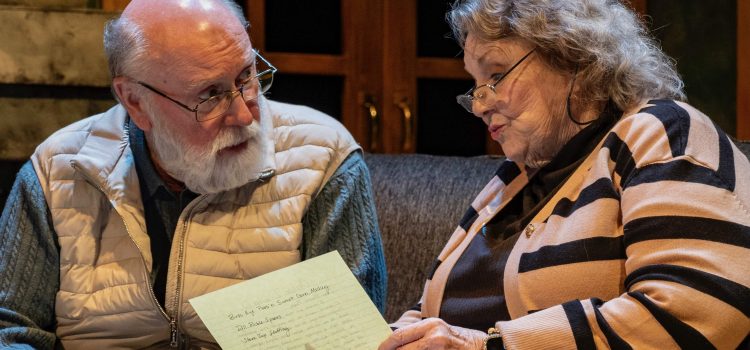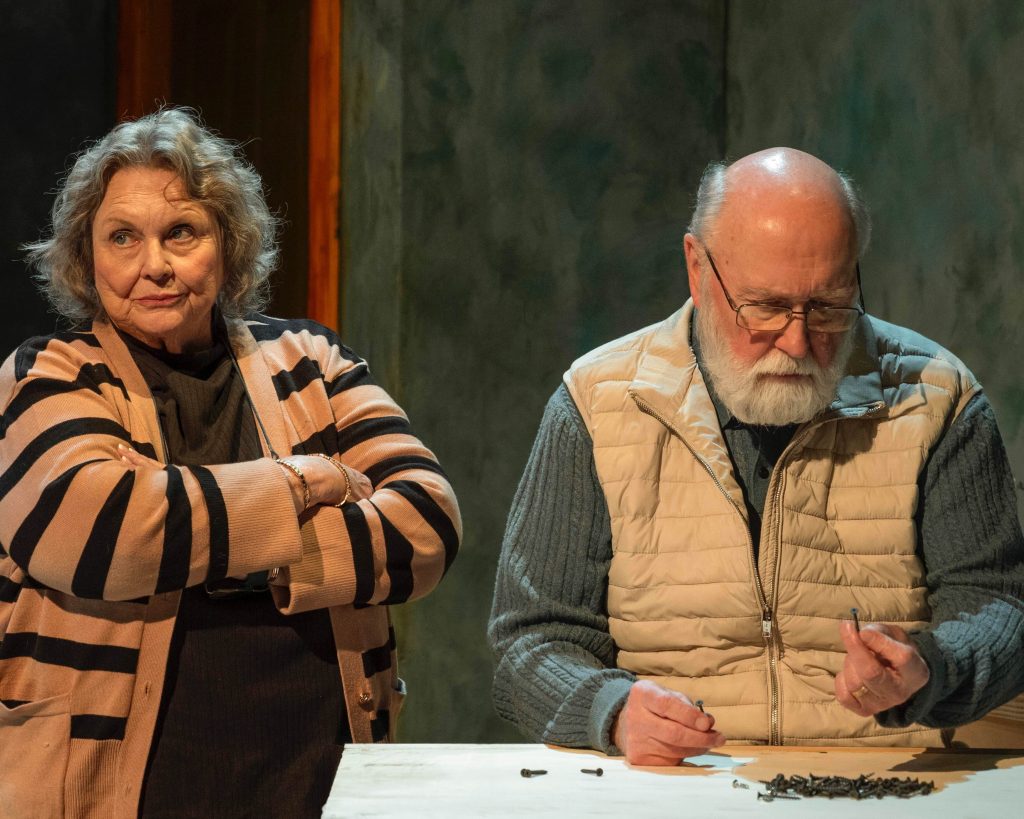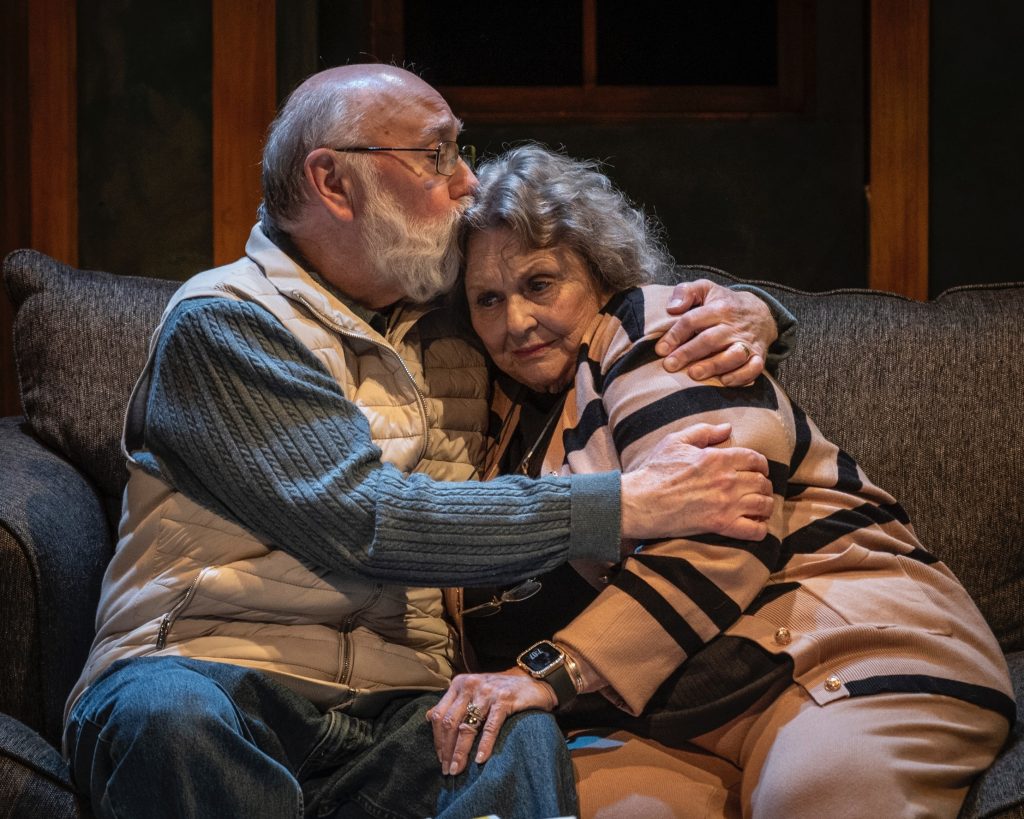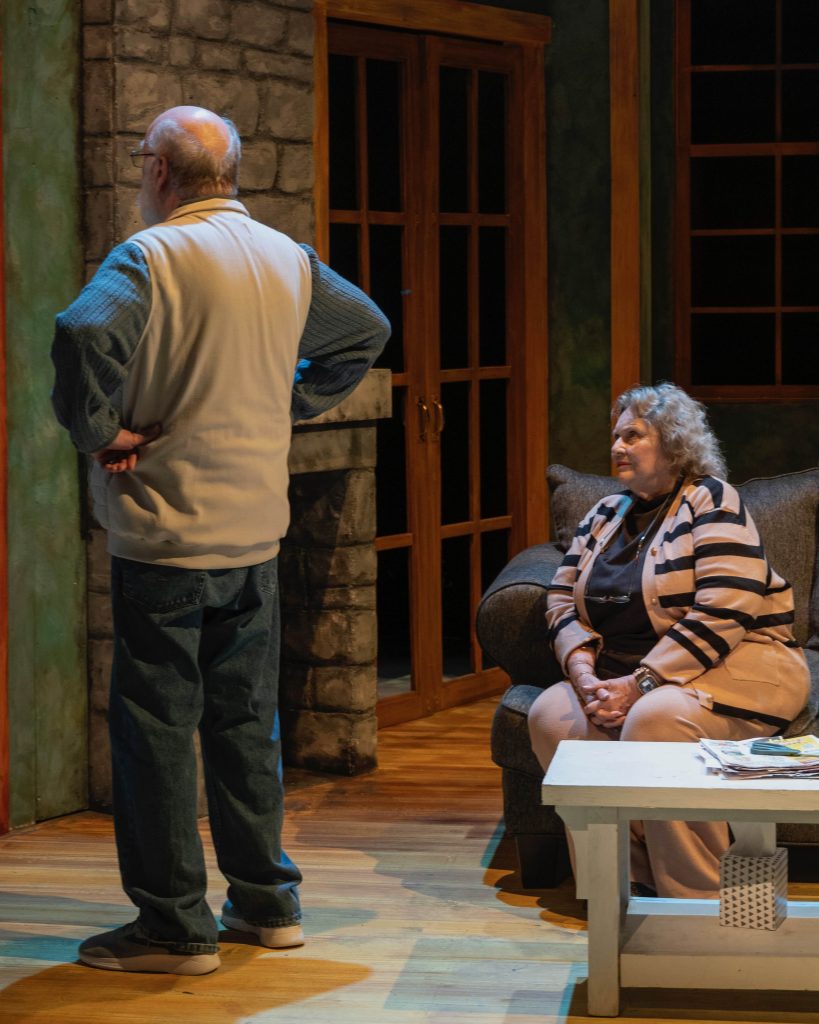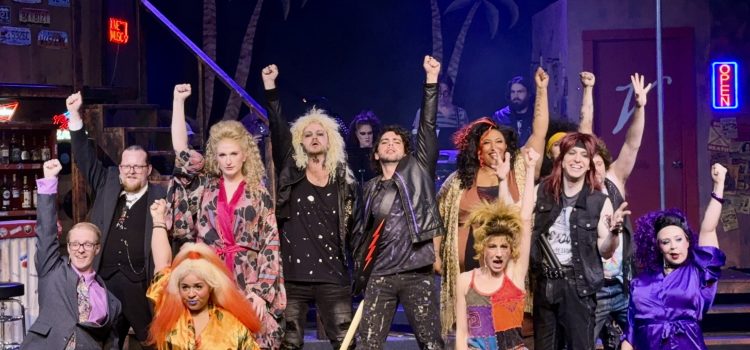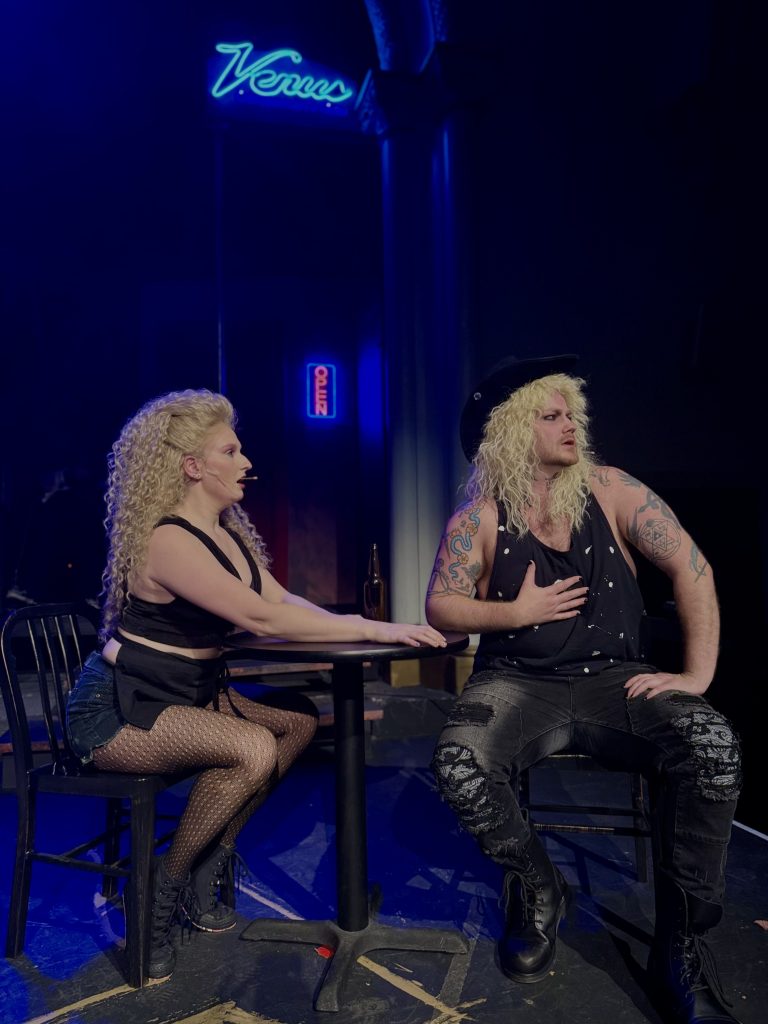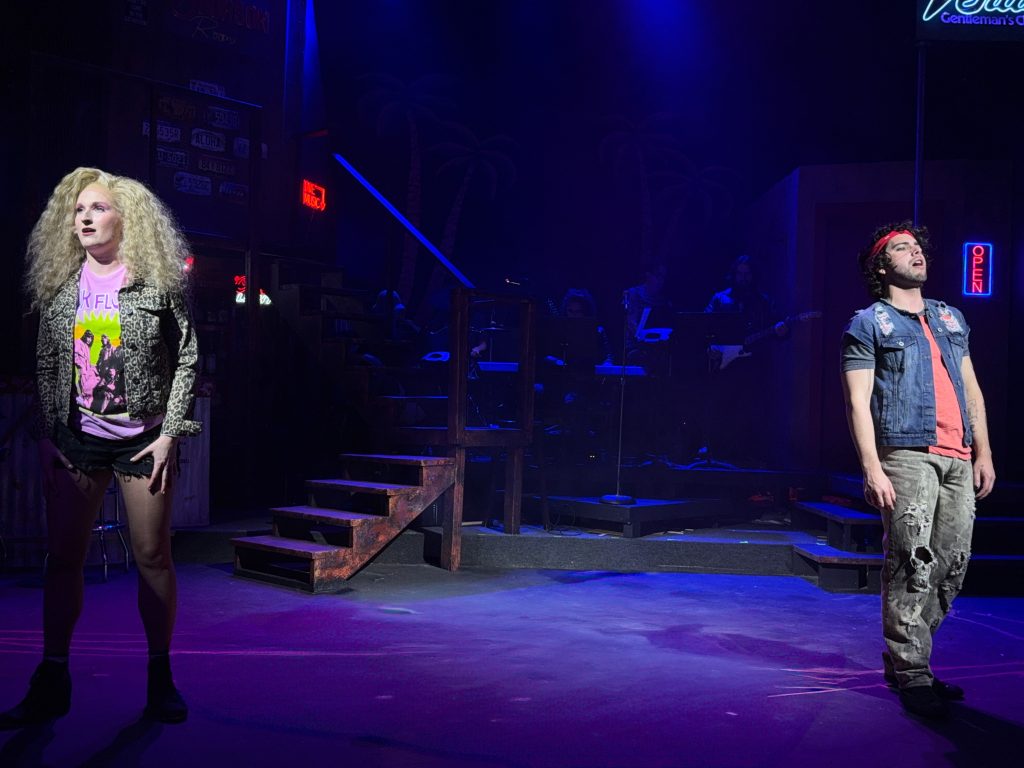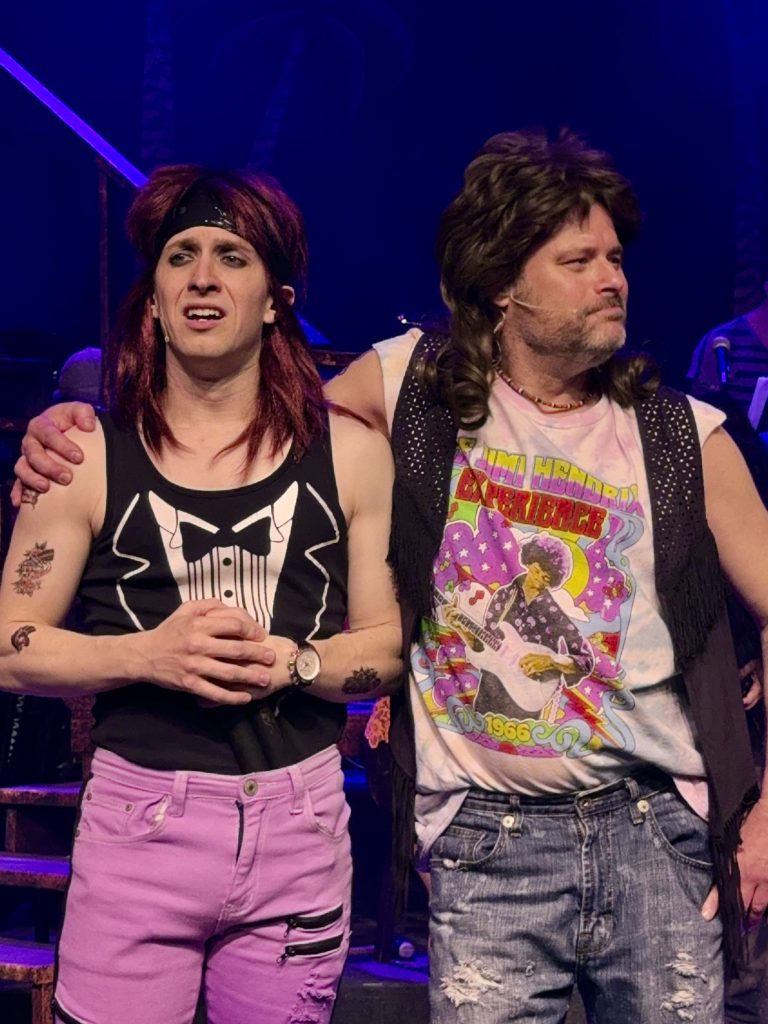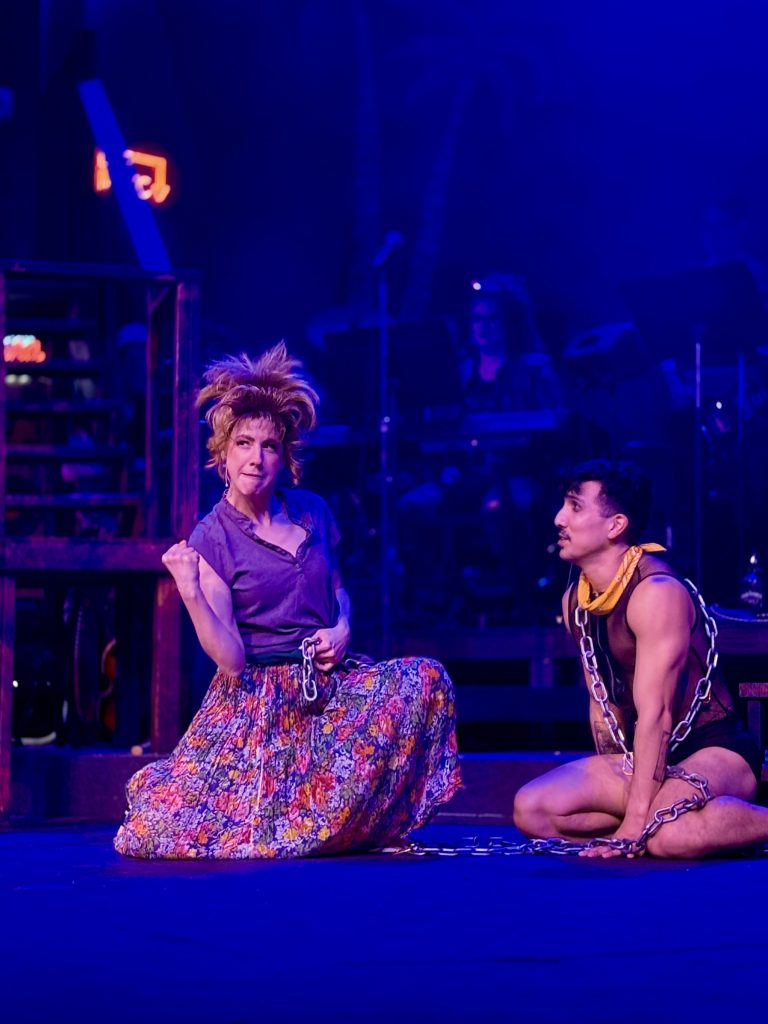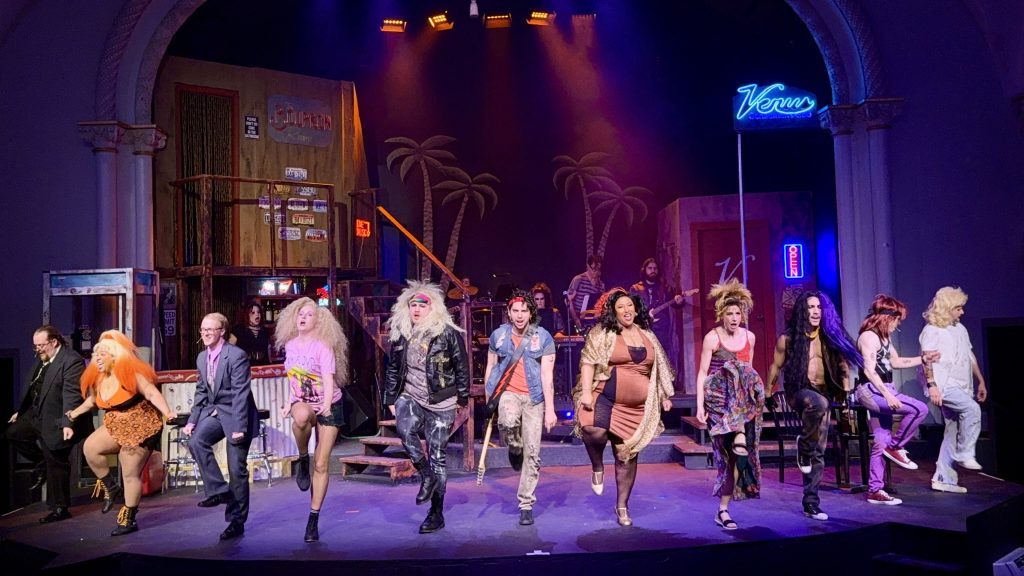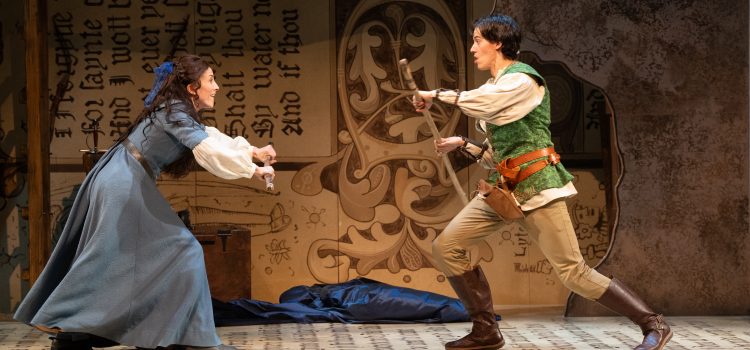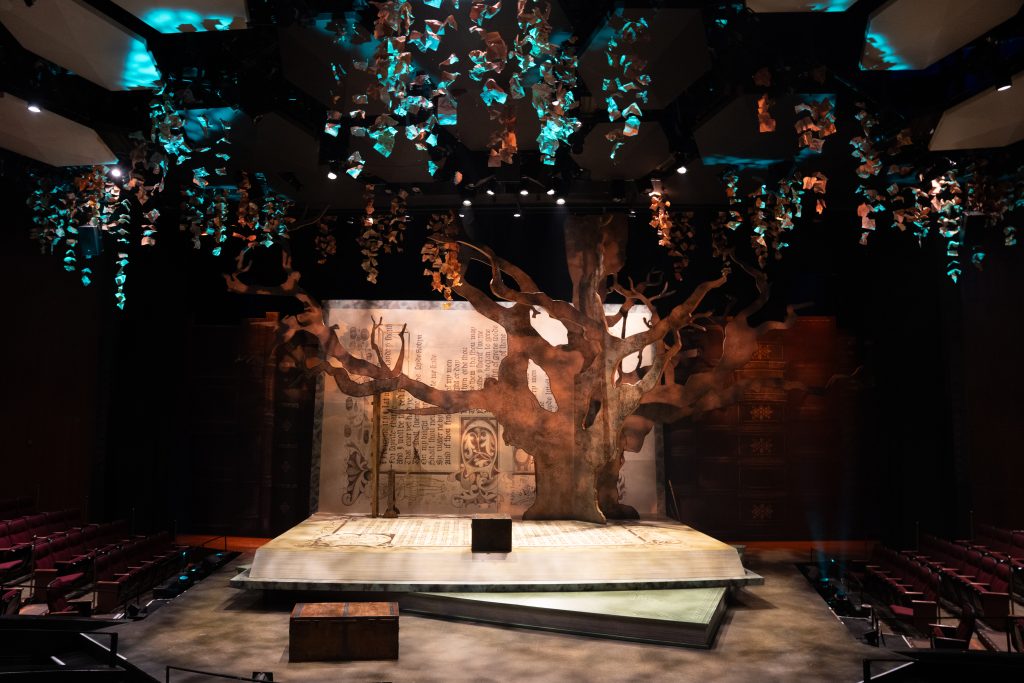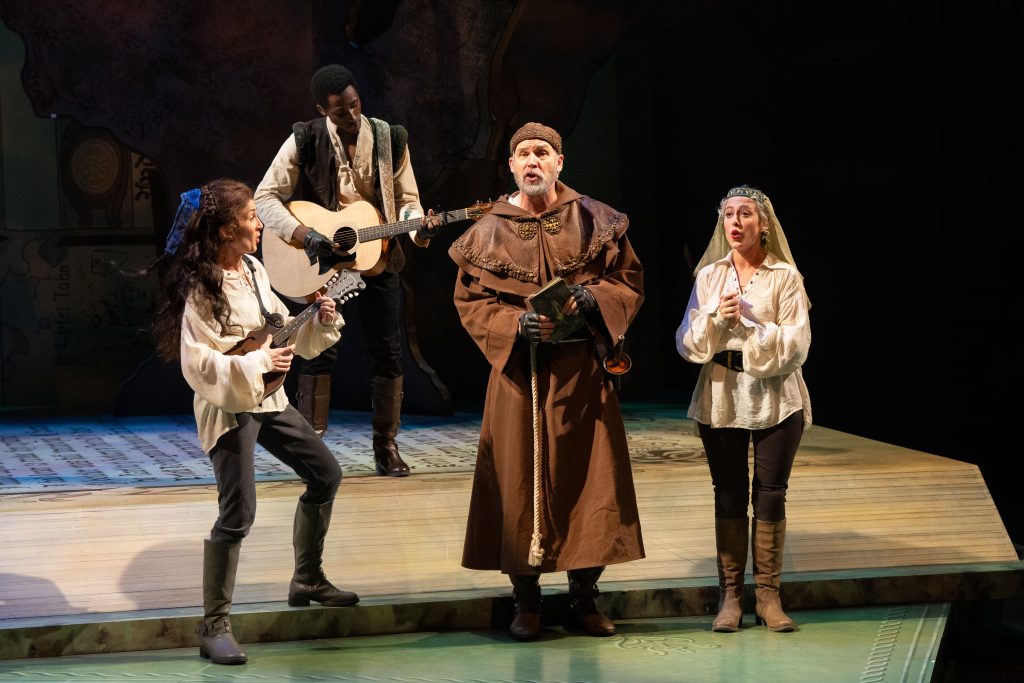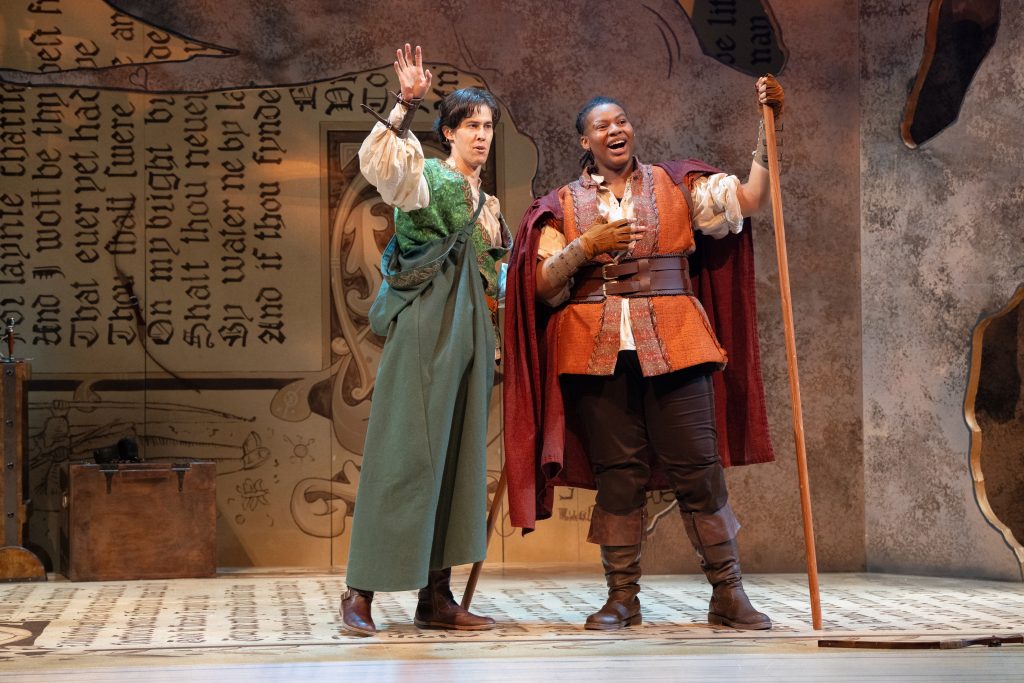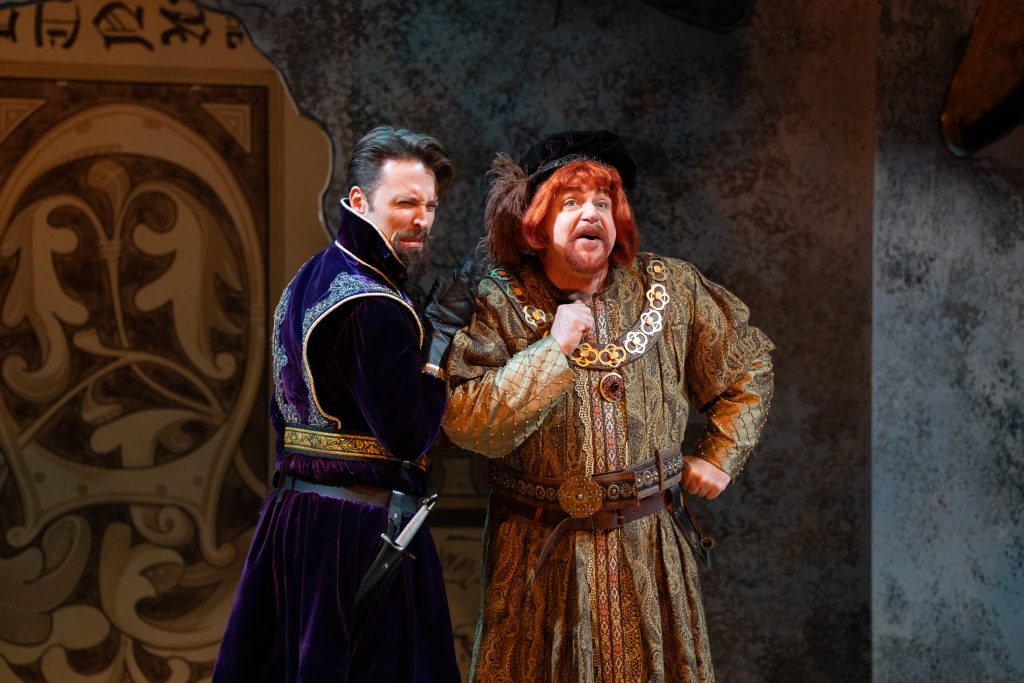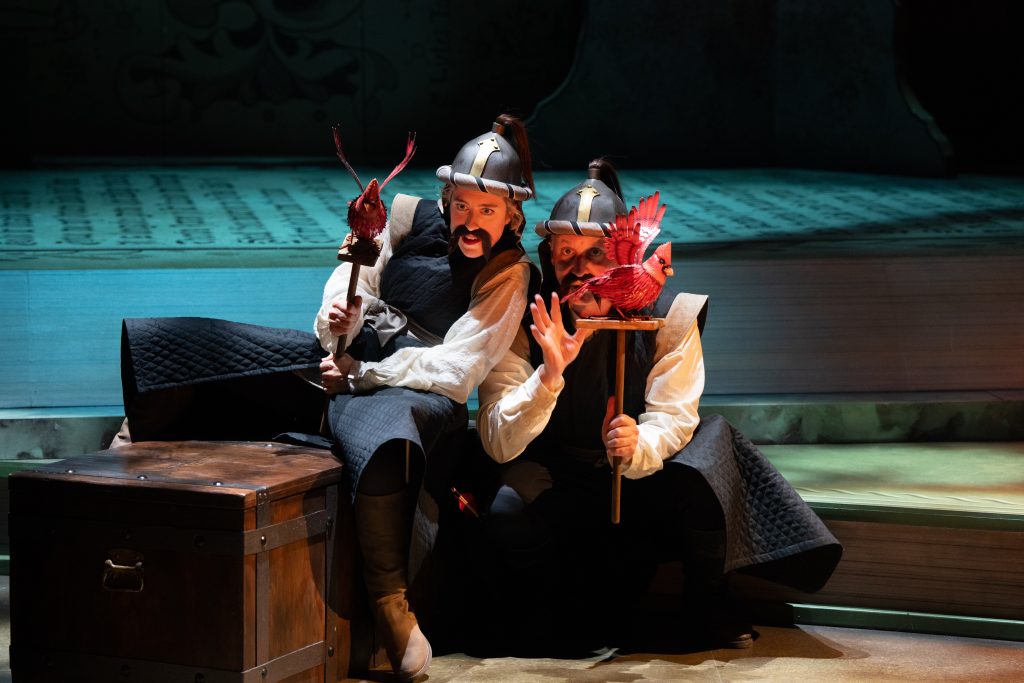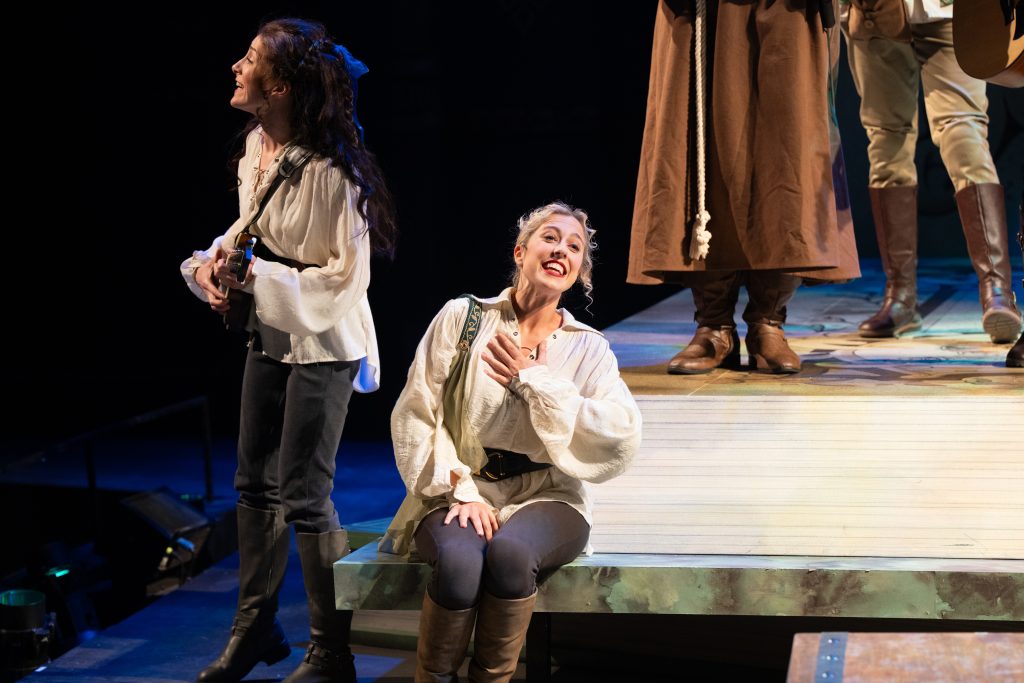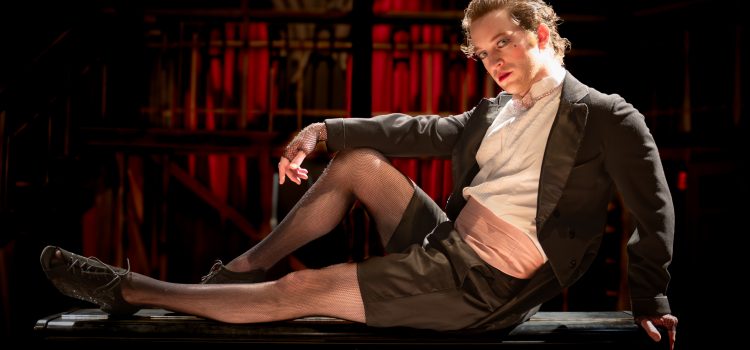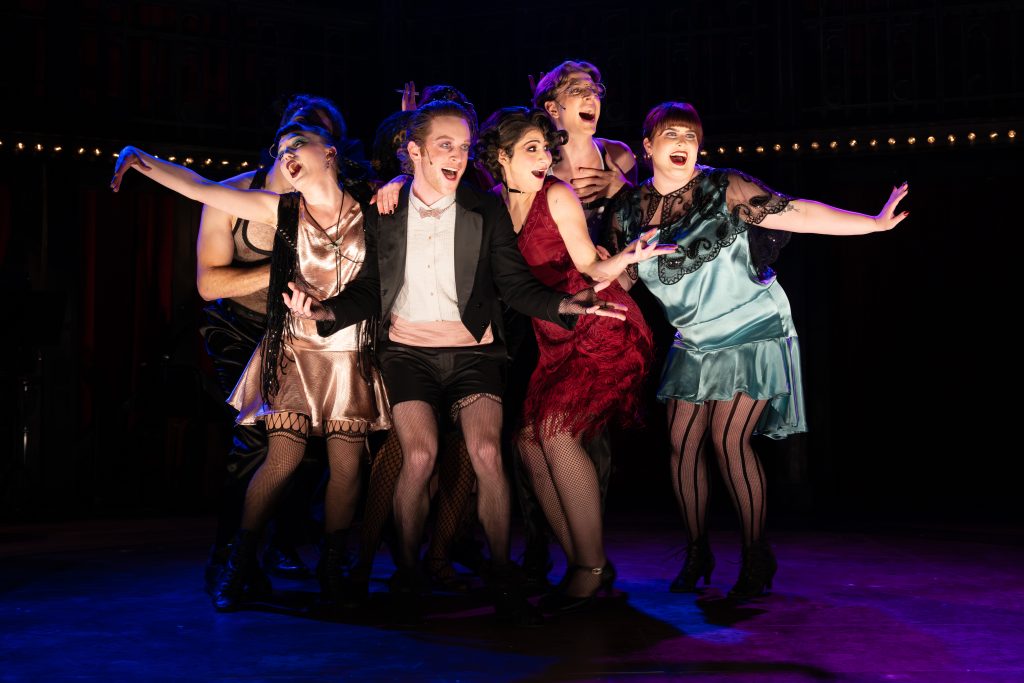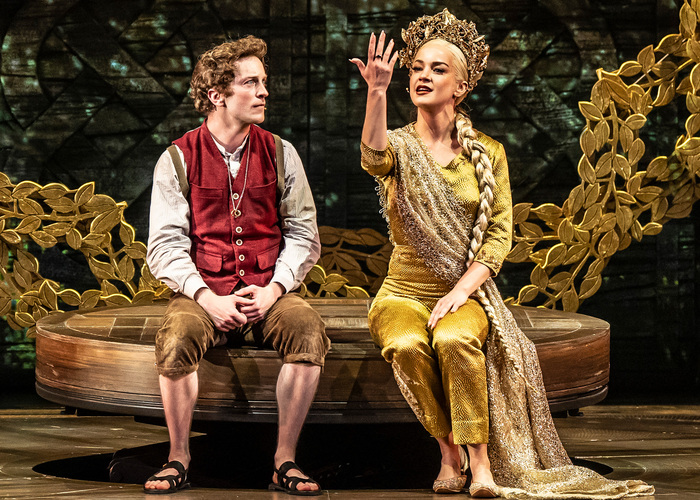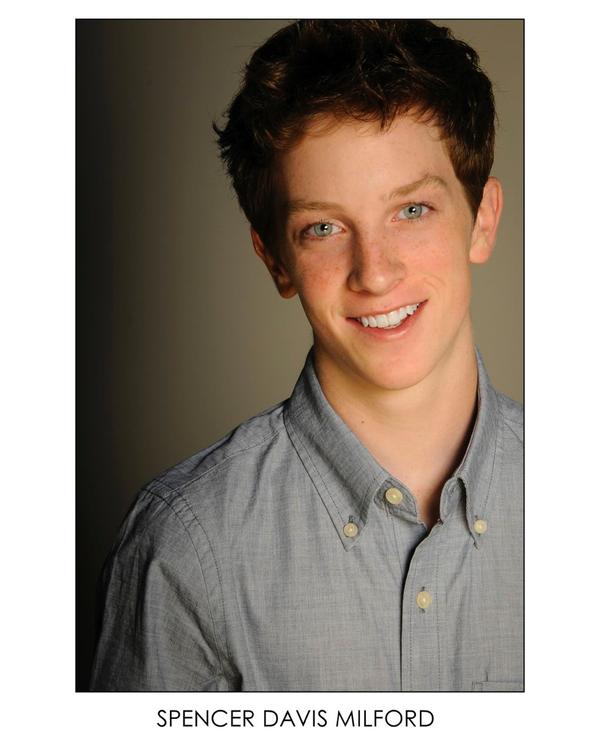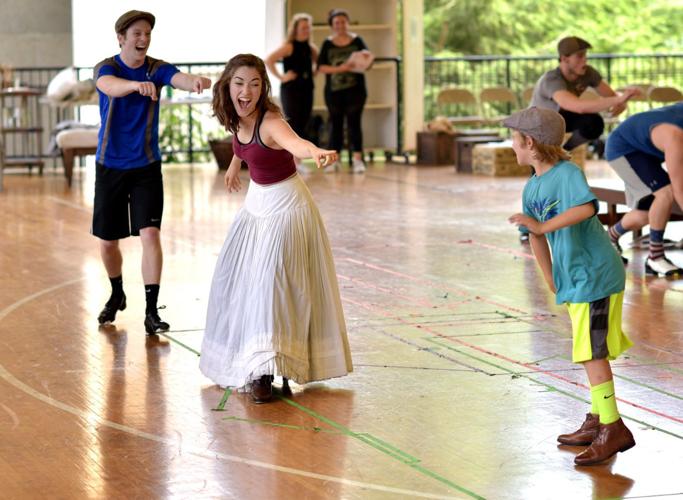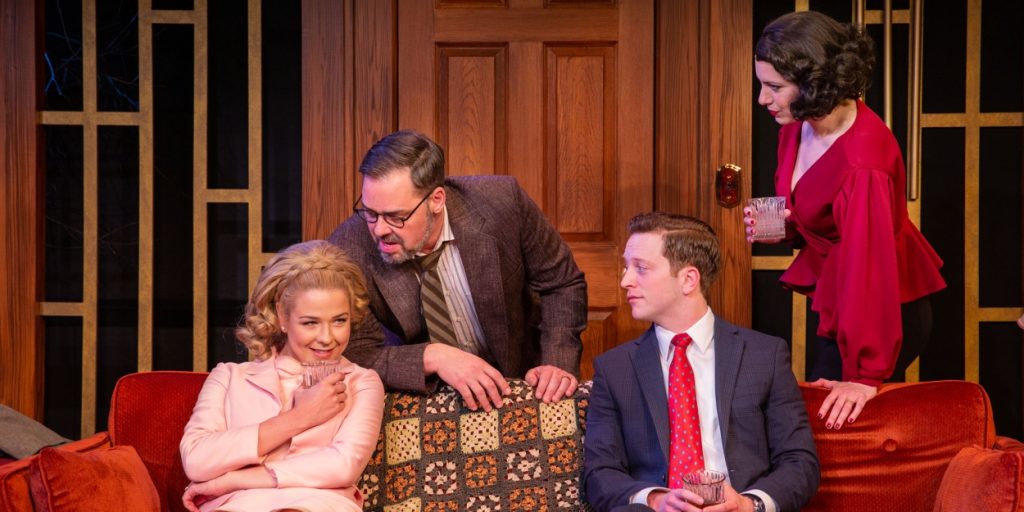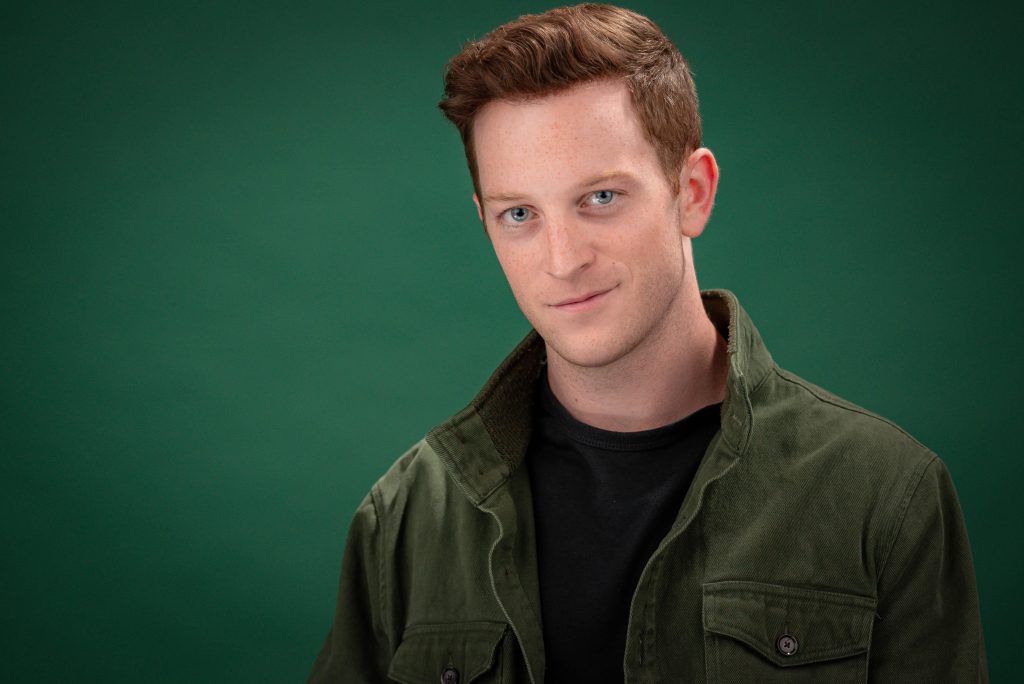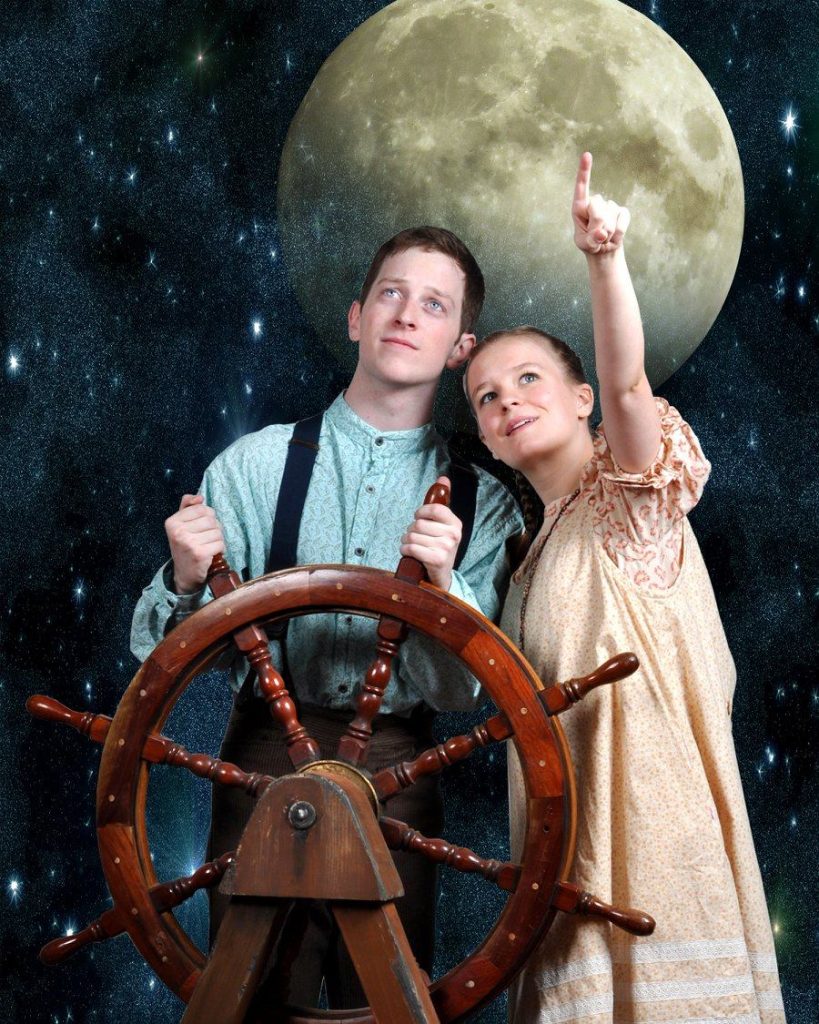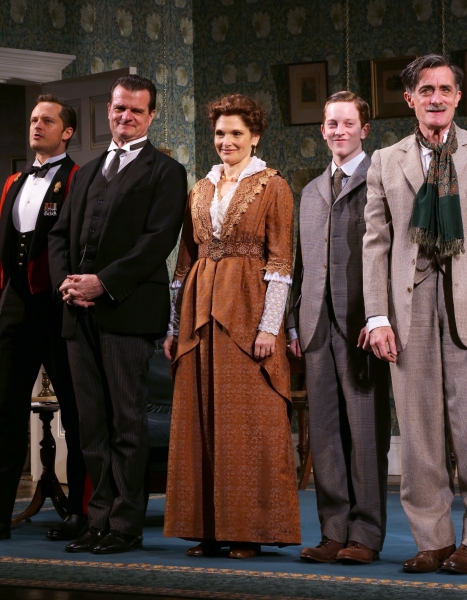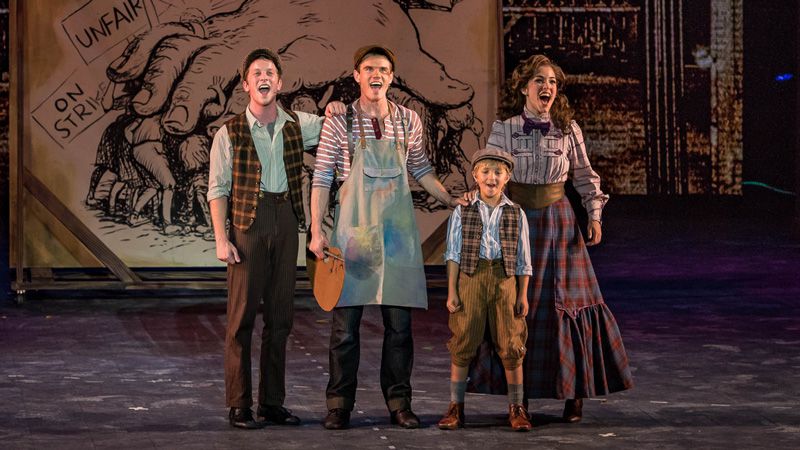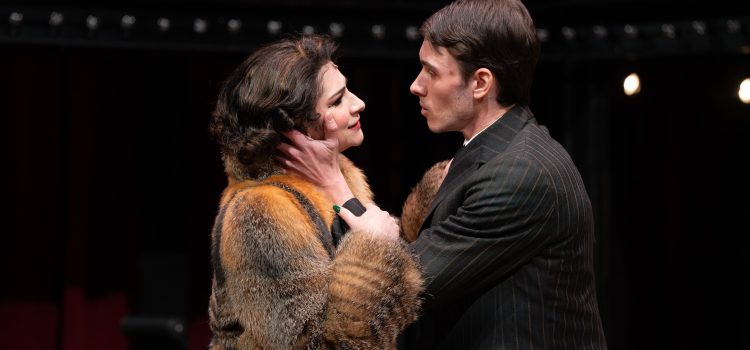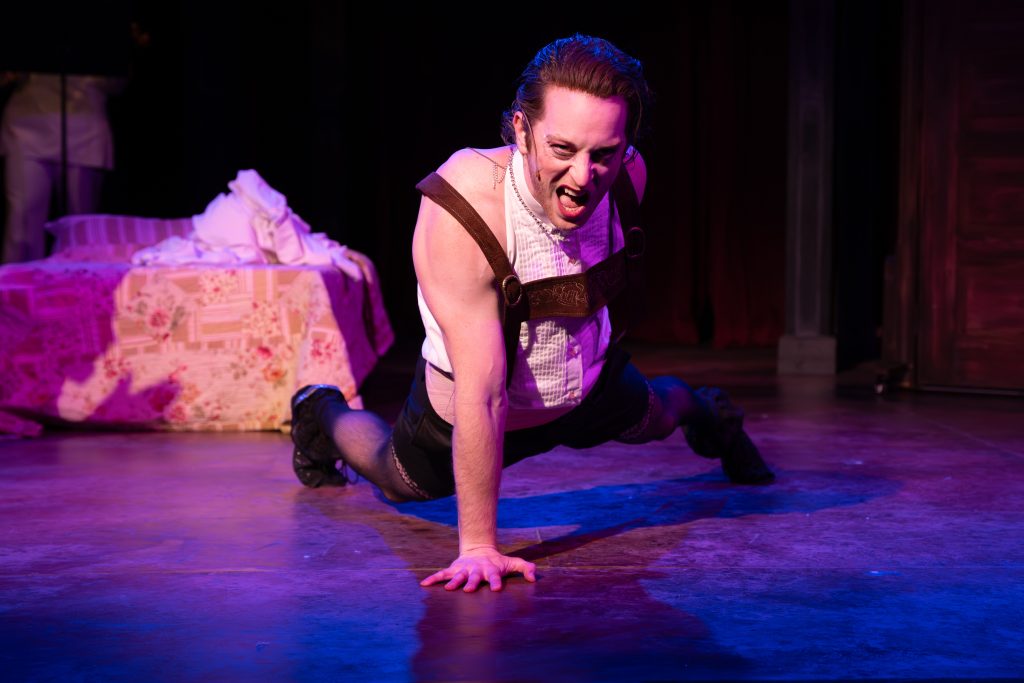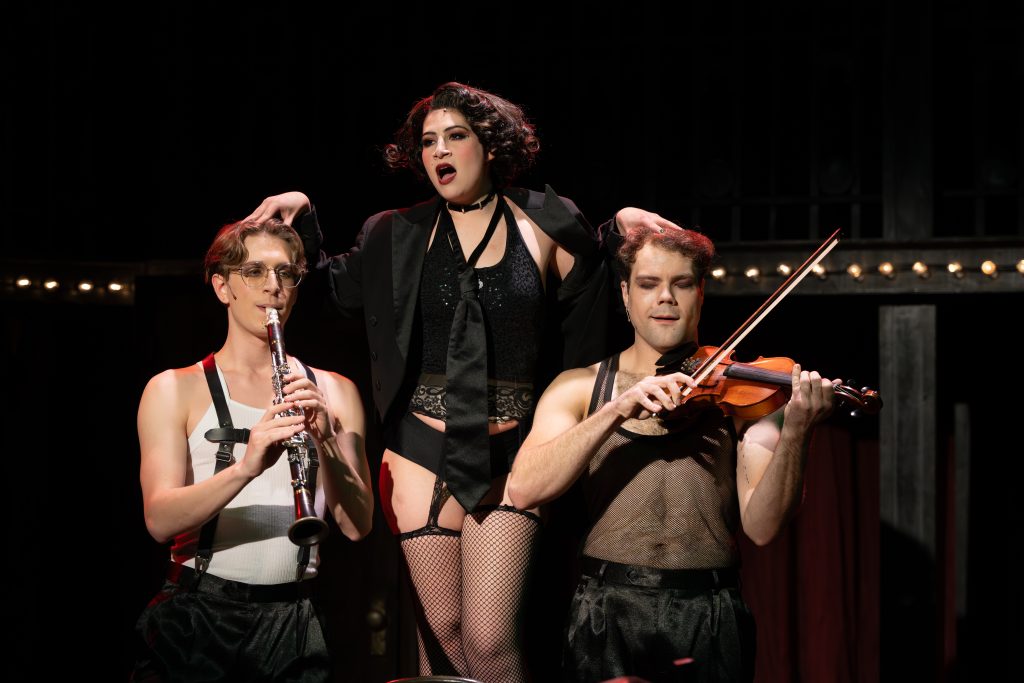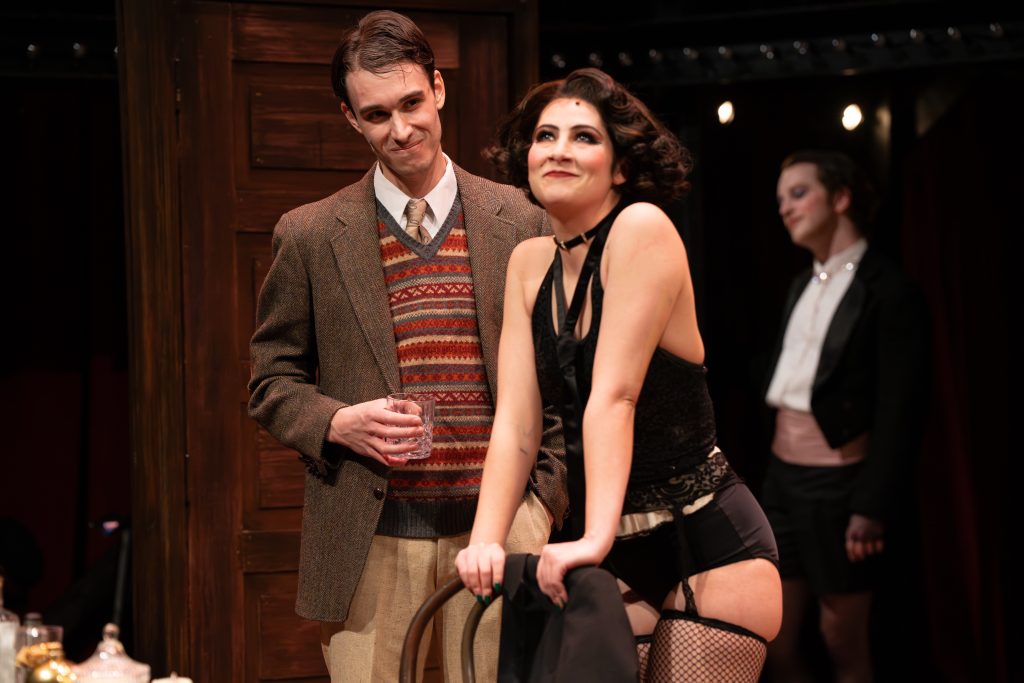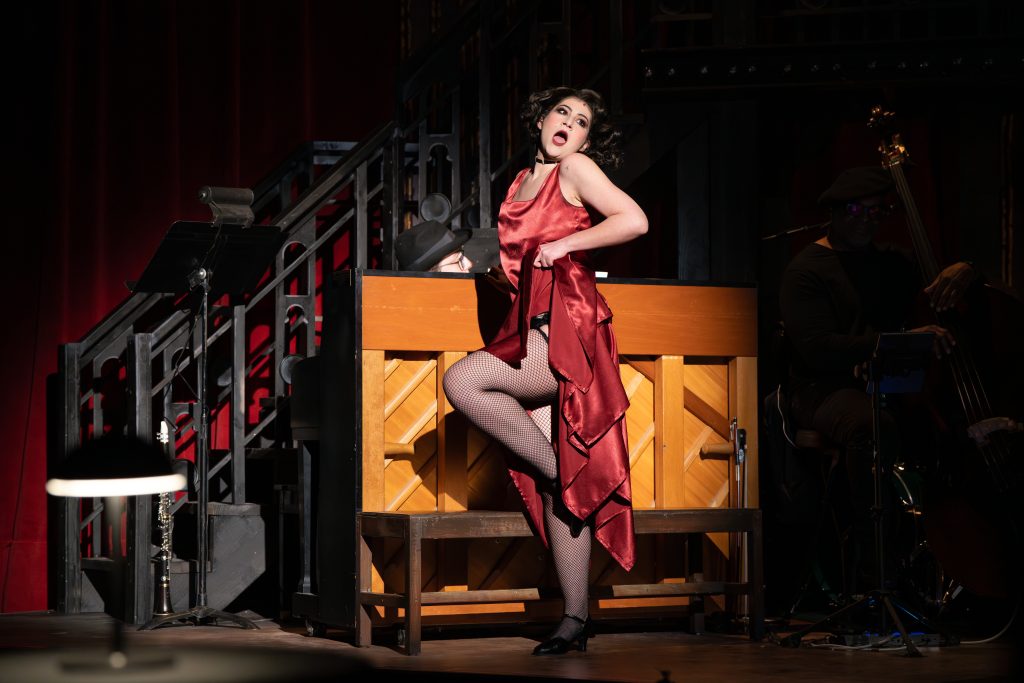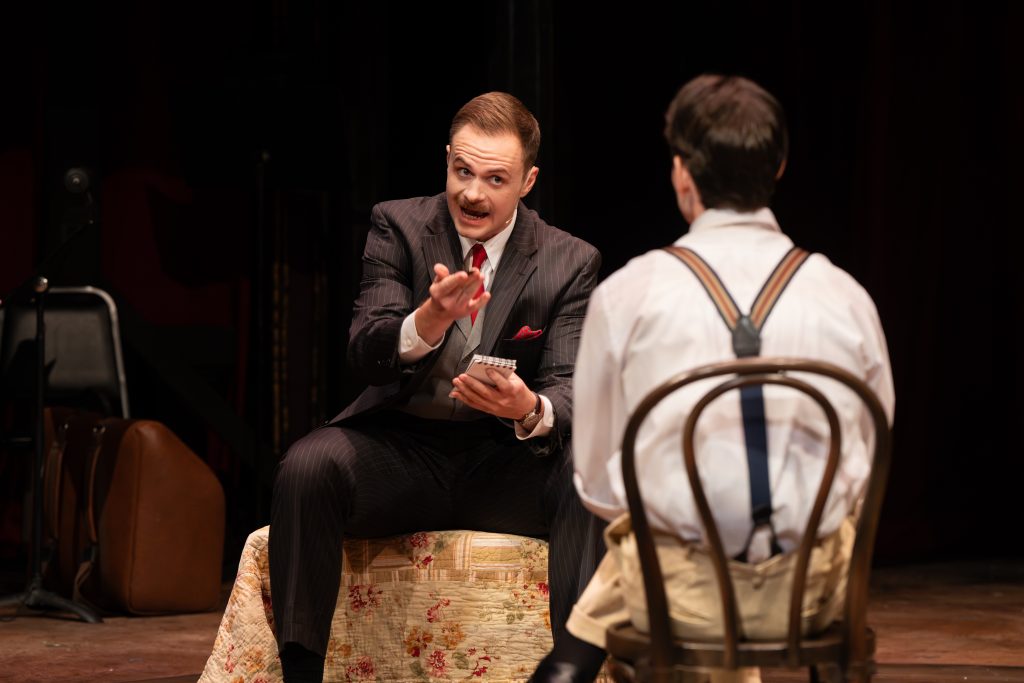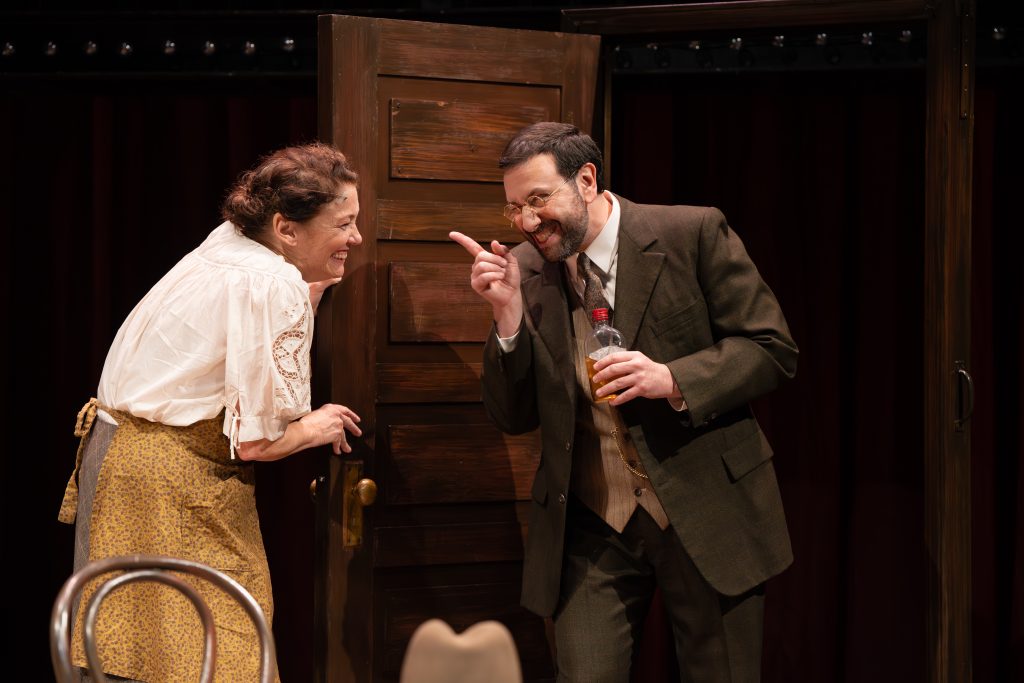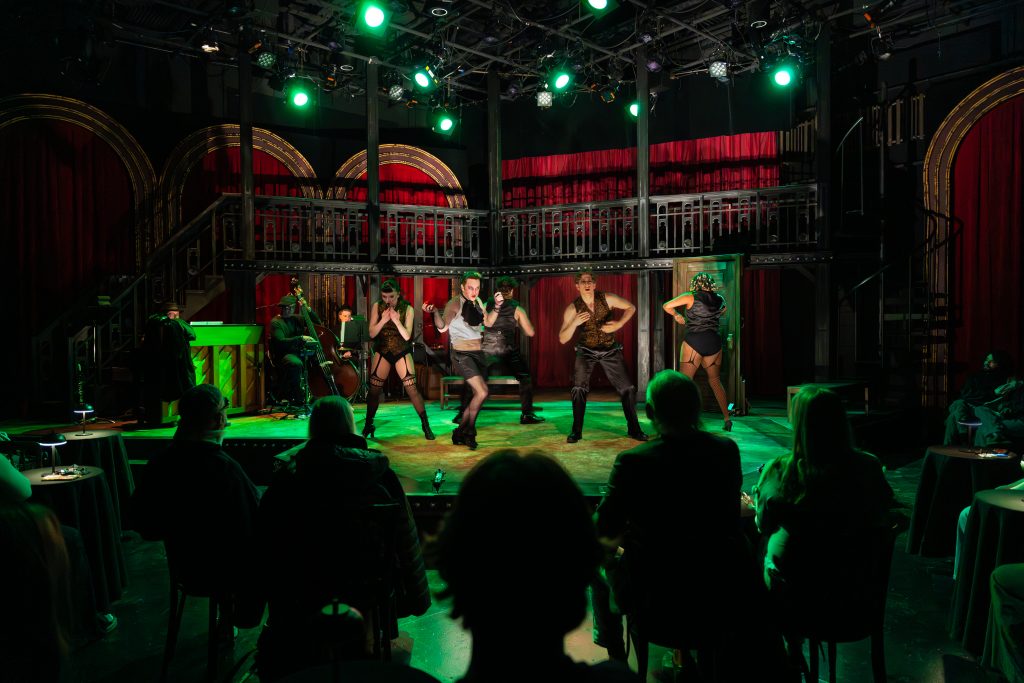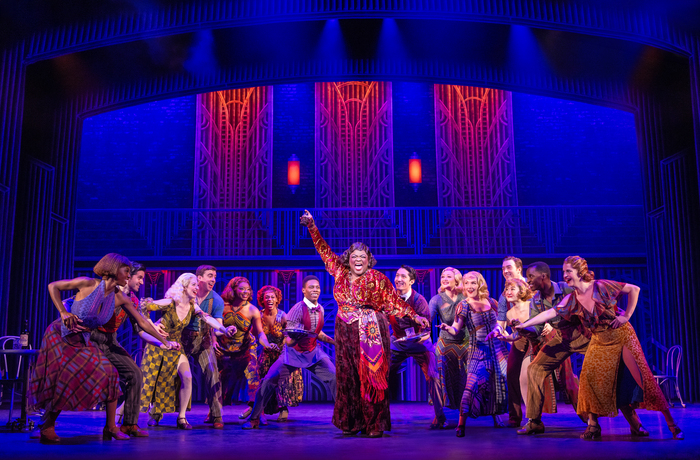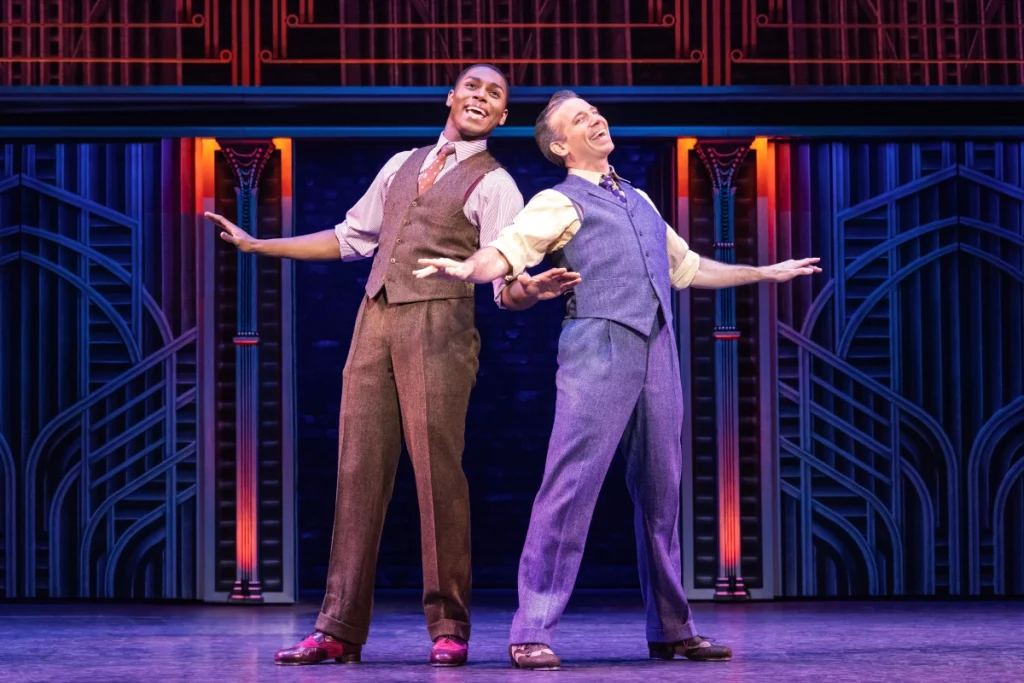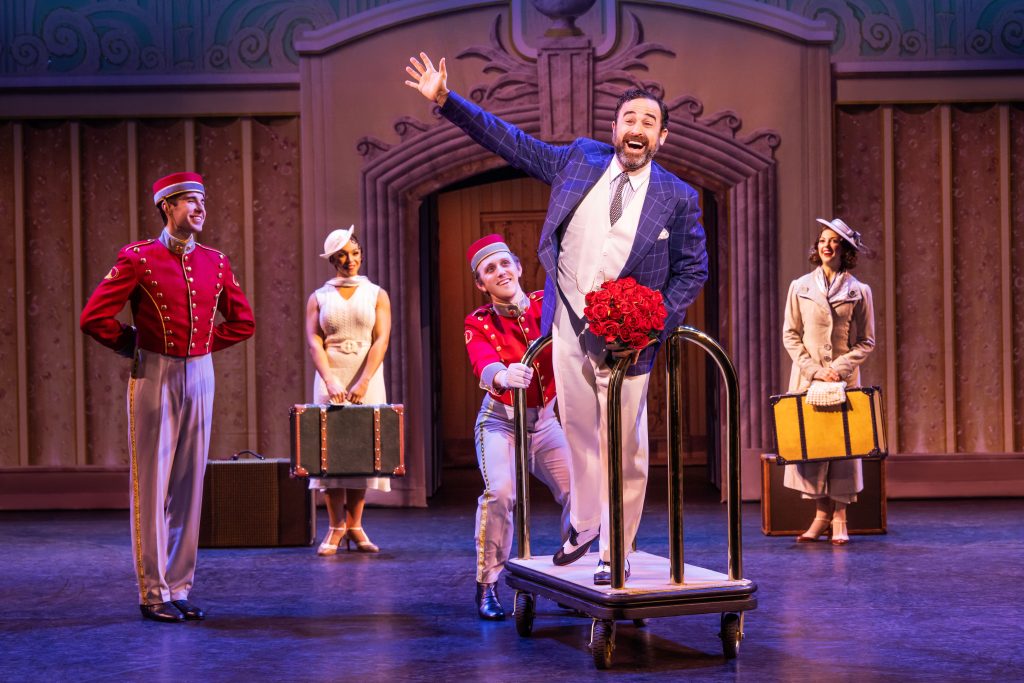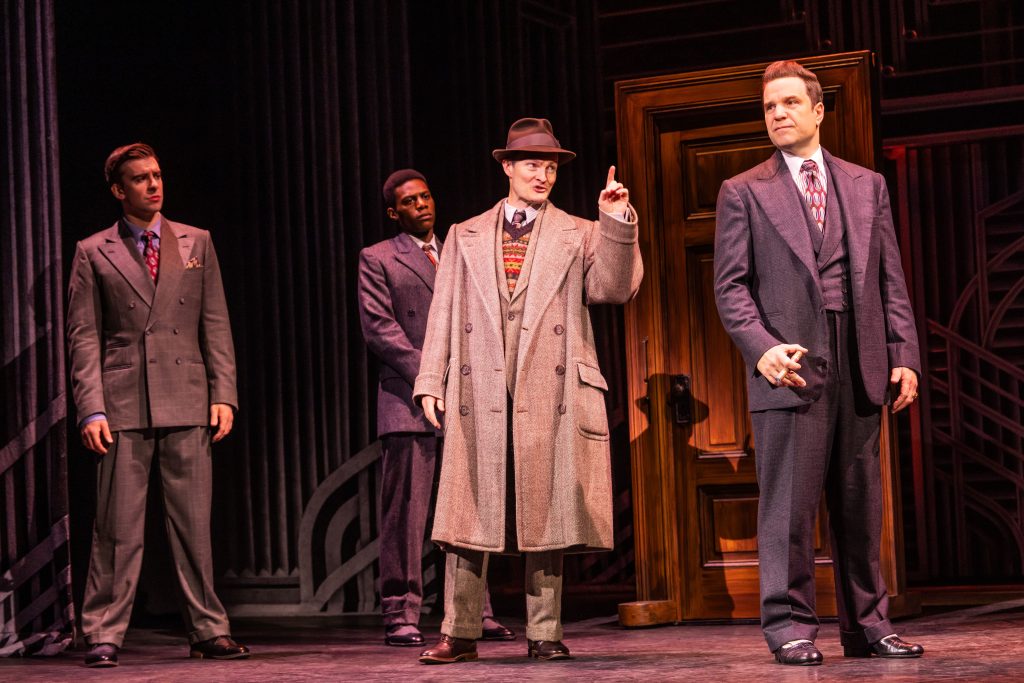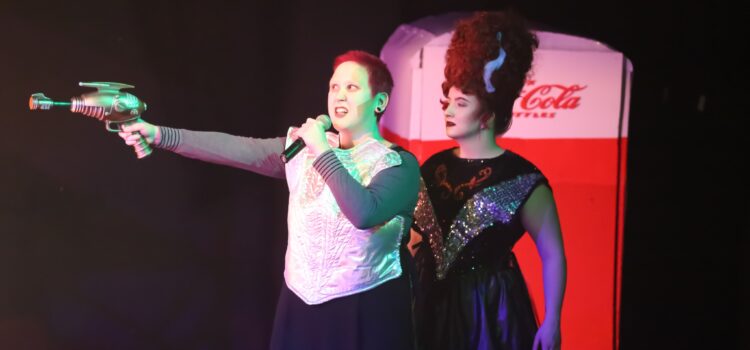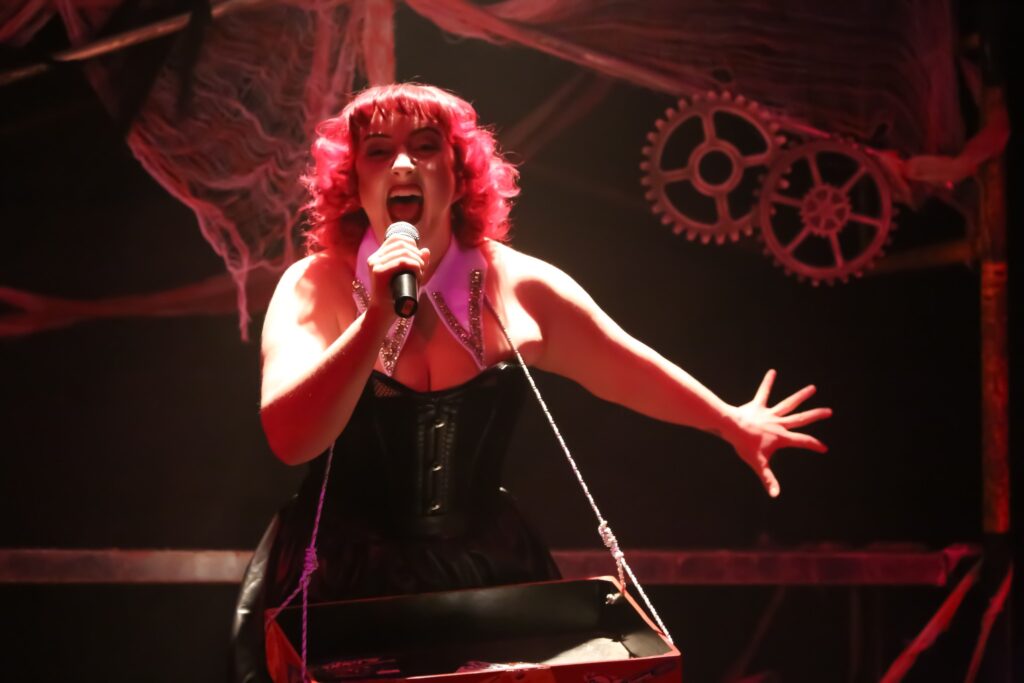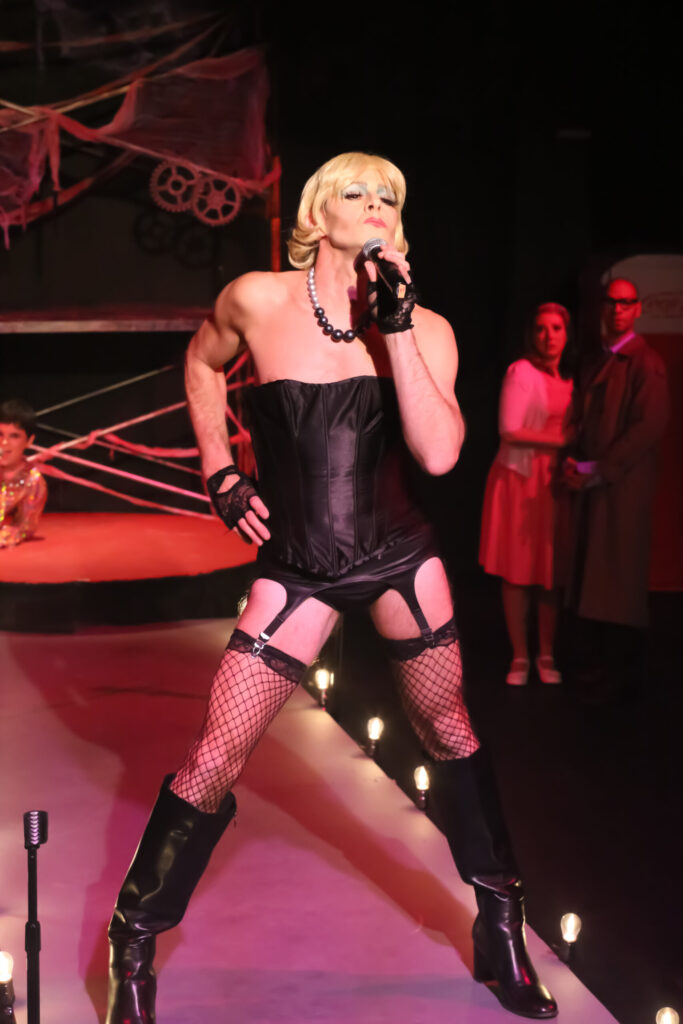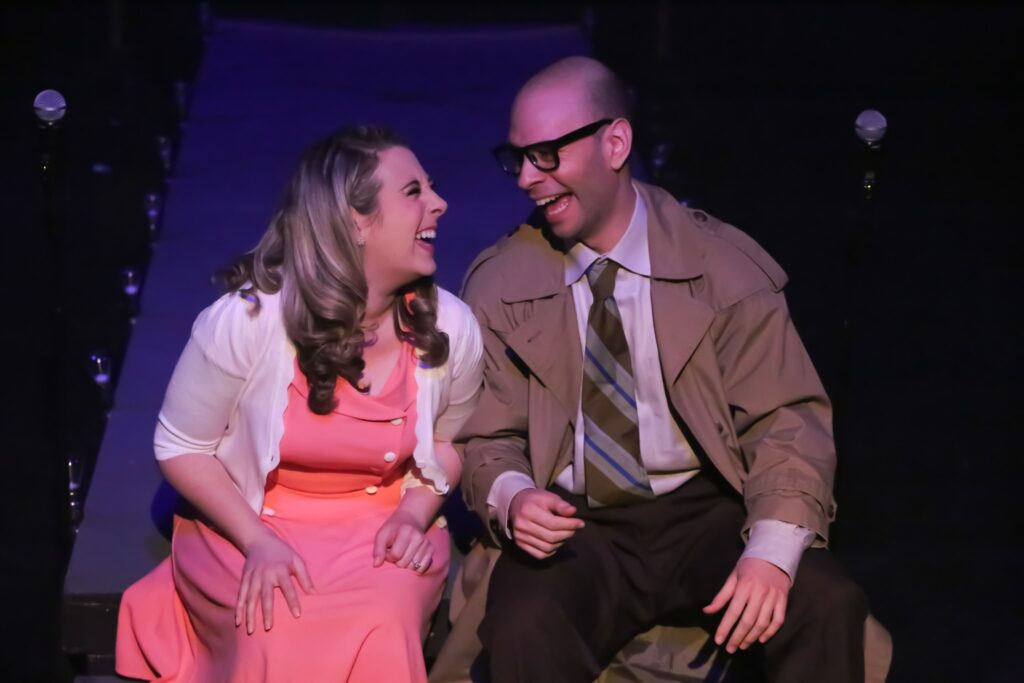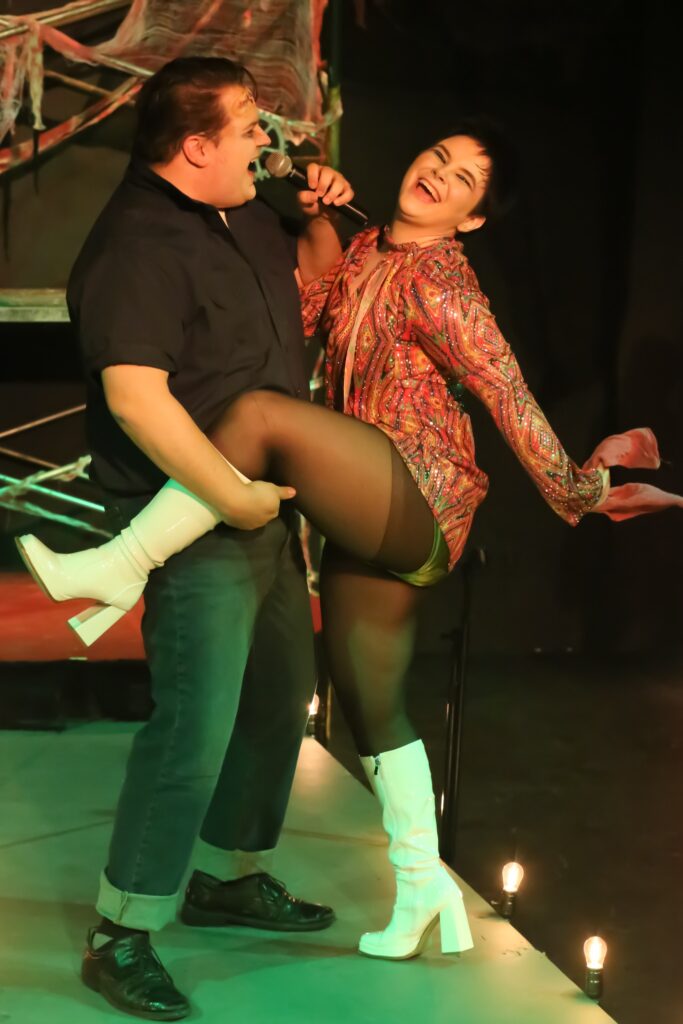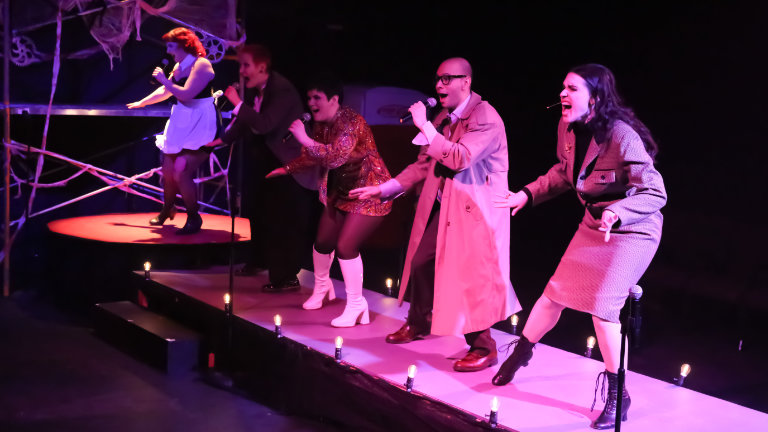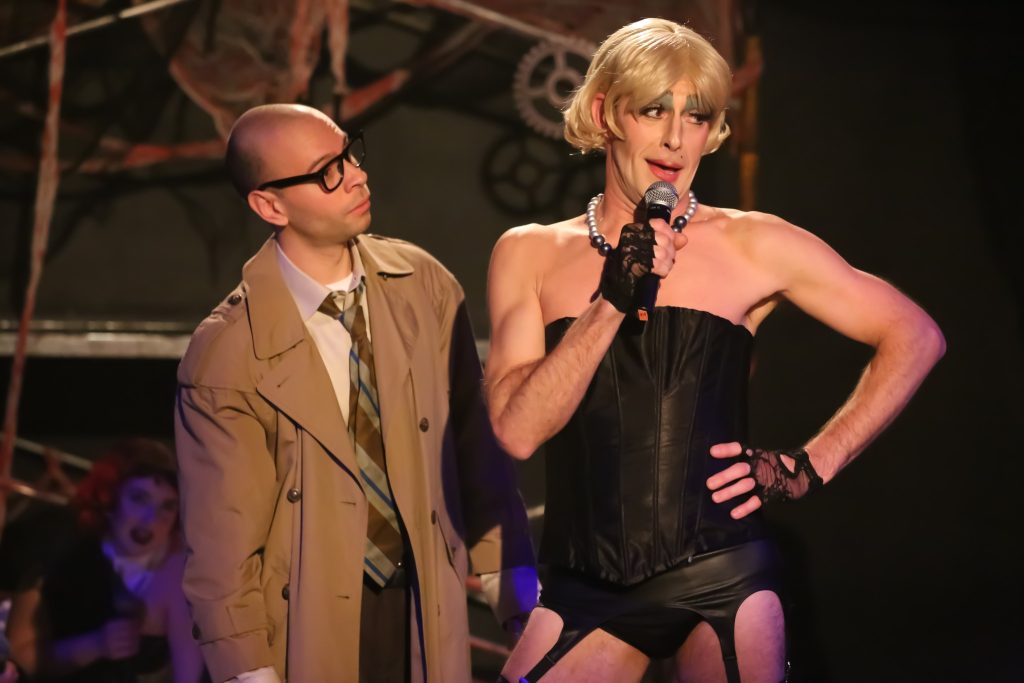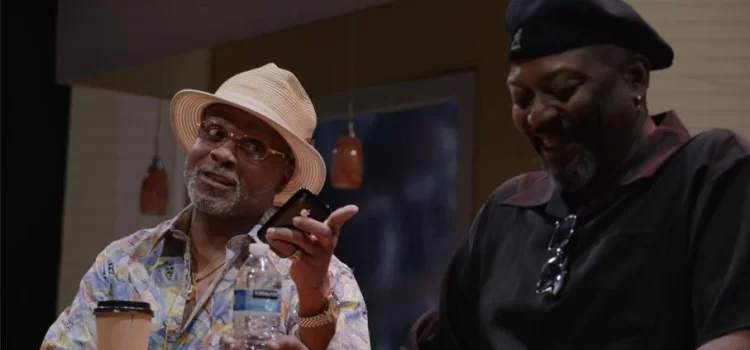By Lynn Venhaus
Accurately described as the most realistic war film ever made, “Warfare” is a harrowing and intense depiction of the Iraq War based on the recollections of a Navy SEALS platoon during the Battle of Ramadi in 2006.
“Warfare” embeds audiences on a surveillance mission gone wrong in insurgent territory as a boots-on-the-ground story of modern warfare and brotherhood based on the memory of the people who lived it.
Filmmaker Alex Garland, known for “Civil War” and “Ex Machina,” has teamed up with military veteran Ray Mendoza to write and direct a daring and gripping account of one day’s work, all from first-hand accounts.
After his military discharge, Mendoza has served as a film consultant, including for Garland’s “Civil War,” “The Outpost” and “Lone Survivor.” His expertise is paramount to this film succeeding and its visceral storytelling is admirably efficient.
In its 96 minutes, we see the U.S. forces take on the al-Qaeda insurgents in the capital of Anbar province, and it unfolds as if in real time in a naturalistic style. The screenplay is written like a transcript, and the soldiers go through their methodical routines.
Yet, there is an emotional charge. Garland and Mendoza filmed this war drama with such meticulous detail that you feel the tension, the clock ticking, the exactness of surveillance evidence, the danger lurking, maneuver plans, and the aftermath of an ambush as if we’re peeking through a hole in the apartment they’ve taken over.

Like them, we wait for some movement or something to happen as they watch “military age men” in the street gather and look for signs of activity that would indicate an attack is imminent. As things developed, it makes a point: “Are we ever prepared to witness the graphic consequences of an explosion’s destruction?”
With their military training, the guys respond to their shifting minute-by-minute interactions with split-second compassion and quick-thinking remedies. This film focuses on teamwork, not individual character development, with the mindset that they are a band of brothers. But you feel everyone’s bravery and their fear.
Known as the “Gettysburg” of the conflict, the Ramadi battle was a key turning point, and it lasted from mid-March through mid-November. At least 75 American soldiers and Marines were killed, along with an unknown number of Iraqi soldiers and police.
The battle led to the formation of the Anbar Awakening, where Iraqi tribal groups rejected al-Qaeda and cooperated with U.S. forces.
Mendoza lived through the operation, and the actor playing him is the charismatic D’Pharoah Woon-A-Tai, an Emmy nominee as Bear Smallhill in “Reservation Dogs.”
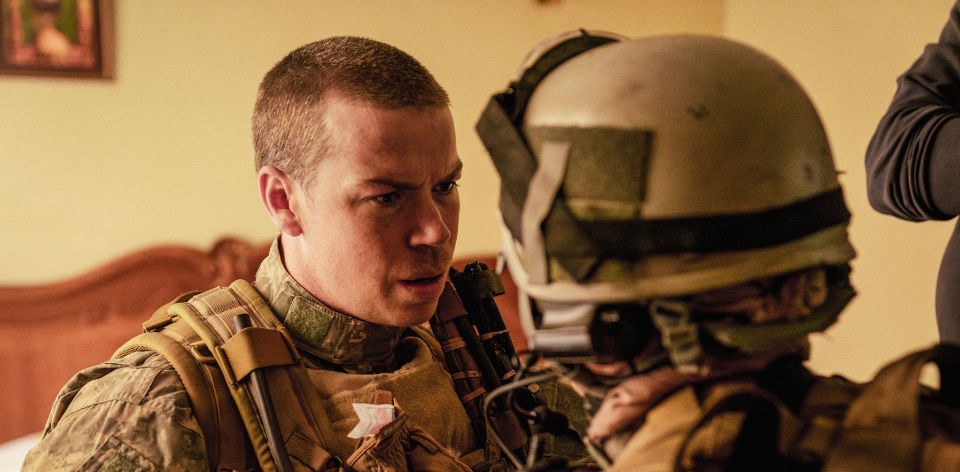
Do not expect backstories – families, hometowns, why they enlisted – because that information does not factor into the team focus.
You won’t really get to know the individual guys that well, and it may be hard to discern these young actors in all their gear, but a few do stand out by virtue of their assigned role.
The cast of up-and-comers may look somewhat familiar, as you’ve likely seen some of their work, but they blend in as men in service to each other. Each plays a real person, with character actor Will Poulter, recently in “Death of a Unicorn” and Emmy nominated as a pastry chef on “The Bear,” as the platoon leader, Erik.
He has a funny moment with some other soldiers as they notice a young man’s enthusiasm, and he says “That’s that new guy energy” and they all chuckle.
He’s calling the shots until Charles Melton, an Oscar nominee for “May December,” leads a team to rescue the wounded soldiers from this targeted hot spot.
The actors trained in a three-week boot camp to mimic soldier’s duties, and they appear as authentic as possible.
Kit Connor, who was recently heard as the voice of Brightbill in “The Wild Robot,” is memorable as Tommy, whose injuries are swiftly dealt with by the guys.. Cosmo Jarvis, who plays Elliot, an injured sniper and medic, is one of the unforgettable guys in a frantic race for help. Michael Gandolfini, as Lt. MacDonald, is his wingman.
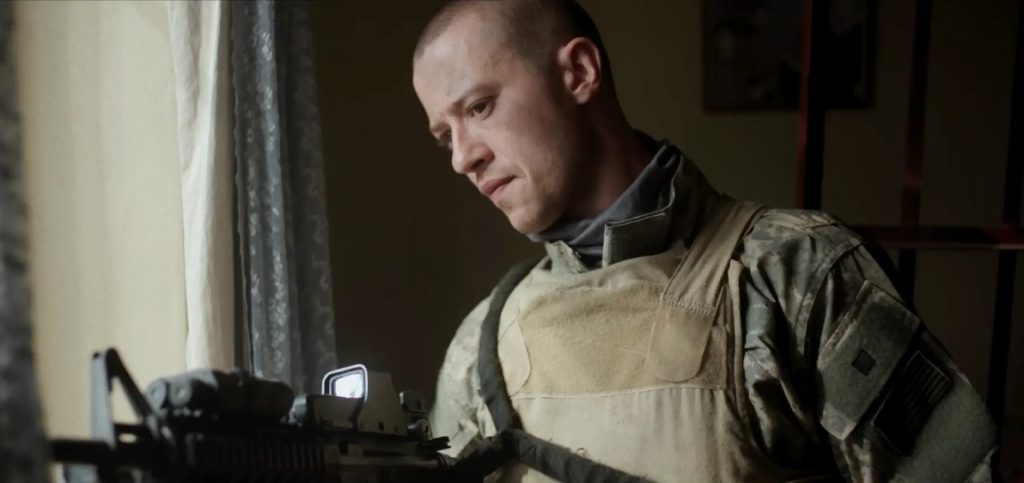
Joseph Quinn, whose recent credits include “Gladiator 2,” “A Quiet Place: Day One,” not to mention “Stranger Things,” is a more seasoned operative, Sam.
Noah Centineo, Owen in TV’s “The Recruit,” is Brian, Finn Bennett of “True Detective” and “Black Doves” is John, Evan Holtzman of “Hit Man” is Brock, Alex Brockdorff of “Mission: Impossible Dead Reckoning” is Mikey, and Taylor John Smith of “Where the Crawdads Sing” is Frank, among others.
The credits will roll with the making of shots, and a side-by-side portrait of the soldier and the actor who played him. Because some of the men remain on active duty, their real-life photos are blurred images.
The technical craftsmanship stands out as first-rate, especially David J. Thompson’s cinematography, Fin Oates’ editing, Glenn Freemantle’s sound design and team of sound editors, and the visual and special effects crews.
One of the knocks about the post-9/11 attack Iraq and Afghanistan war movies is that they haven’t been successful with audiences. However, some are outstanding depictions of the conflicts, include Oscar winner “The Hurt Locker,” “American Sniper” (highest-grossing), “Guy Ritchie’s The Covenant” and “Lone Survivor.” “Warfare” deserves to be ranked among the best as well.
A heartfelt tribute to the men who serve, “Warfare” is a powerful reminder of the human cost of war.

“Warfare” is a 2025 war drama co-directed by Alex Garland and Ray Mendoza, and starring Will Poulter, Charles Melton, Joseph Quinn, D’Pharoah Woon-A-Tai, Cosmo Jarvis, Kit Connor, Michael Gandolfini, and Noah Centineo. It is rated R for intense war violence and bloody/grisly images, and language throughout and the run time is 96 minutes. “Warfare” opens in theatres April 11. It was released as a DVD Blu-Ray on June 10 and will stream on HBO Max on Sept. 12. Lynn’s Grade: A-

Lynn (Zipfel) Venhaus has had a continuous byline in St. Louis metro region publications since 1978. She writes features and news for Belleville News-Democrat and contributes to St. Louis magazine and other publications.
She is a Rotten Tomatoes-approved film critic, currently reviews films for Webster-Kirkwood Times and KTRS Radio, covers entertainment for PopLifeSTL.com and co-hosts podcast PopLifeSTL.com…Presents.
She is a member of Critics Choice Association, where she serves on the women’s and marketing committees; Alliance of Women Film Journalists; and on the board of the St. Louis Film Critics Association. She is a founding and board member of the St. Louis Theater Circle.
She is retired from teaching journalism/media as an adjunct college instructor.


